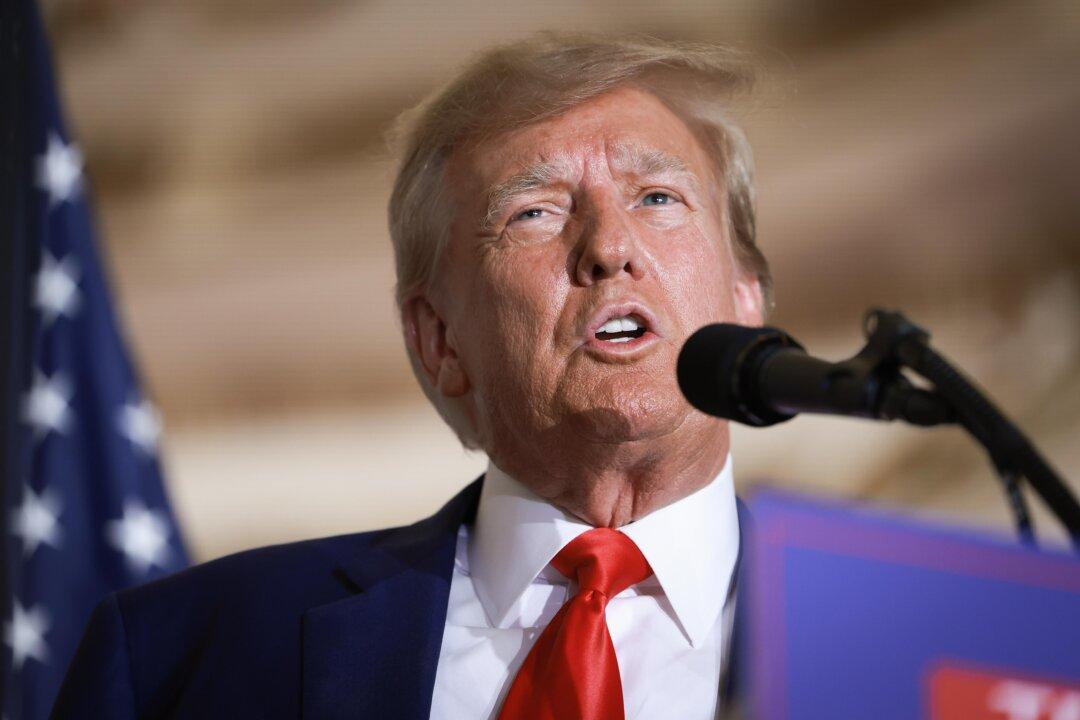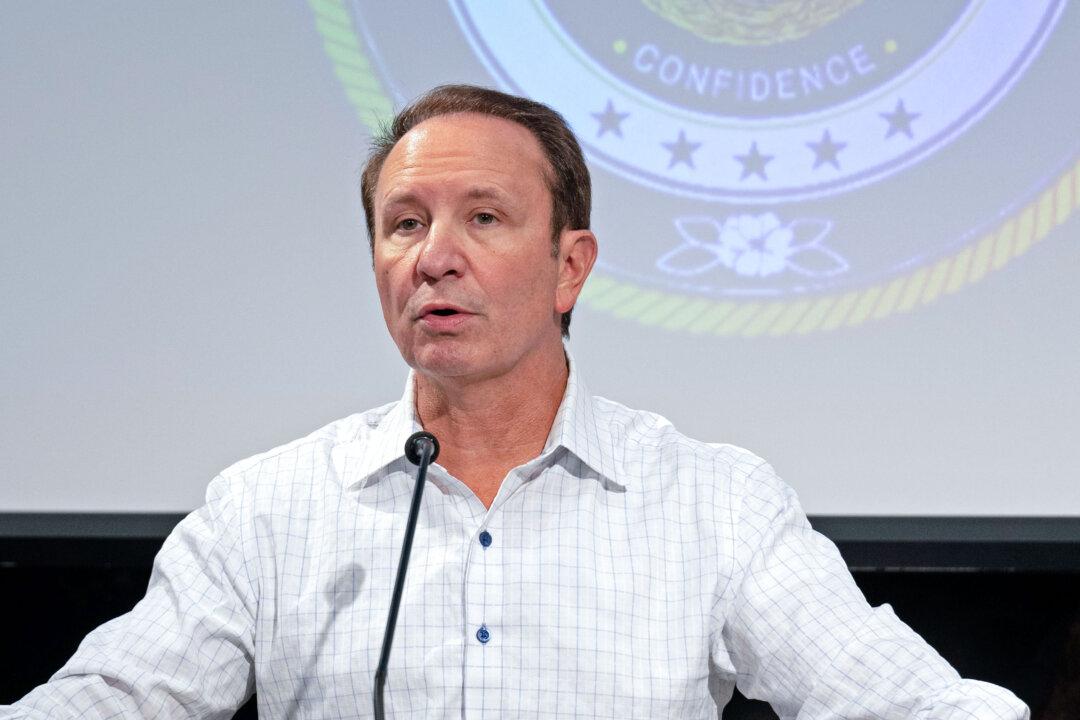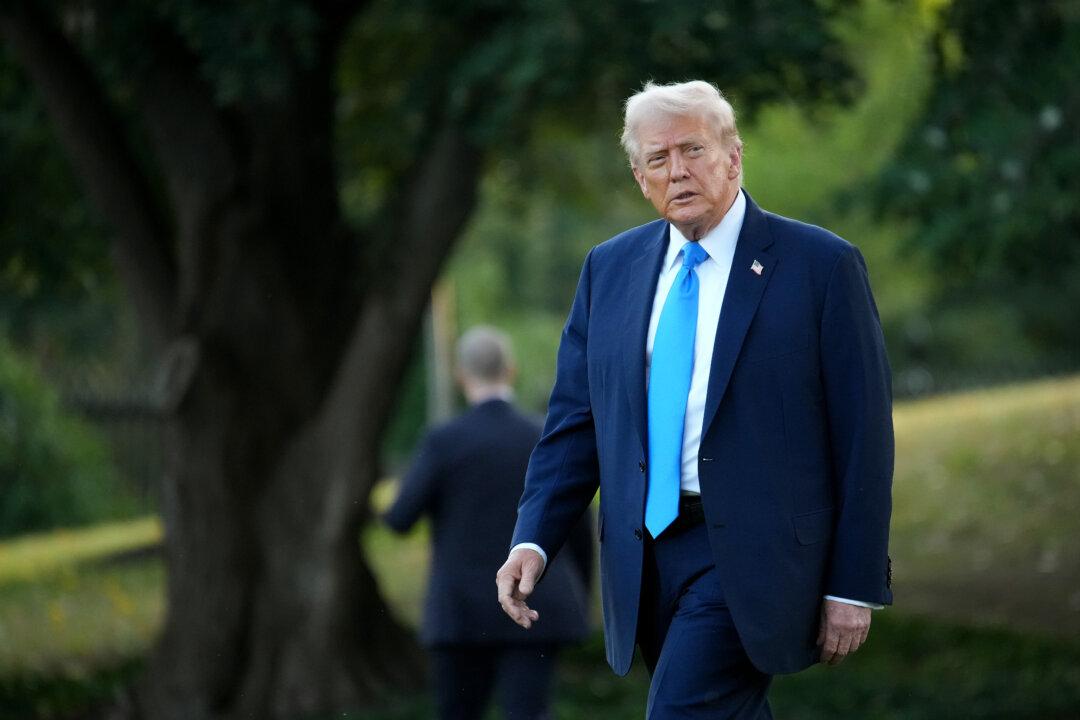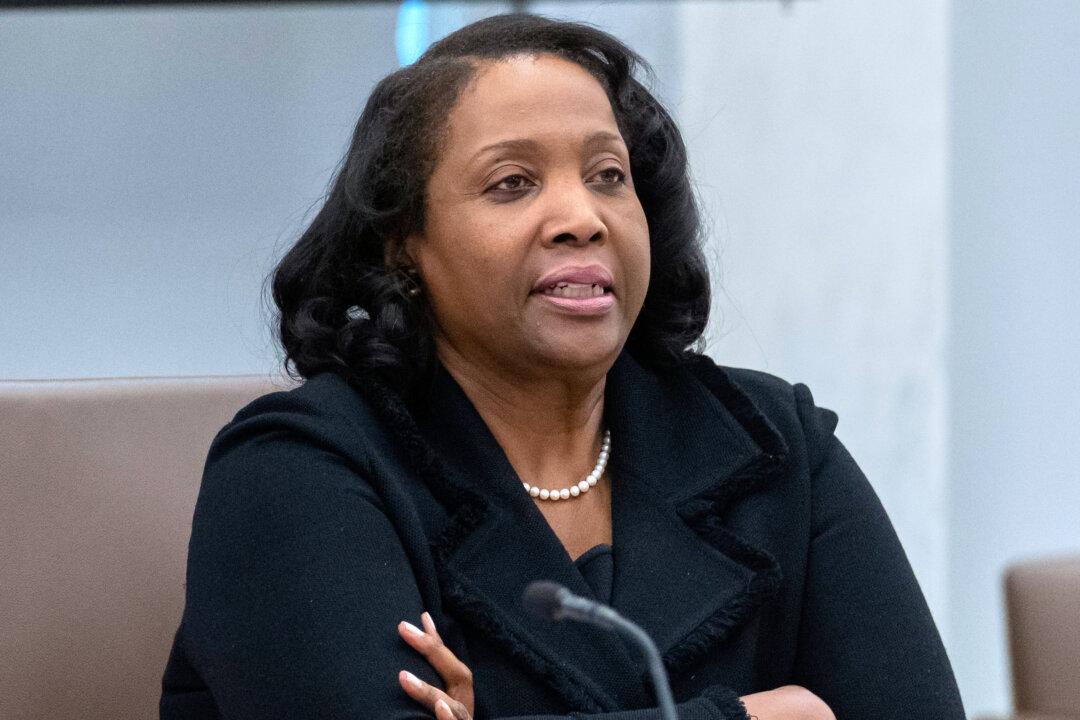Attorneys for former President Donald Trump on Tuesday asked for a meeting with the country’s top law enforcement official to discuss what they allege as “baseless” investigations into the former president by a special counsel.
“No President of the United States has ever, in the history of our country, been baselessly investigated in such an outrageous and unlawful fashion,” attorneys John Rowley and James Trusty wrote in a letter dated May 23 and addressed to U.S. Attorney General Merrick Garland. Trump posted the letter on Truth Social, his social media platform, late Tuesday.





